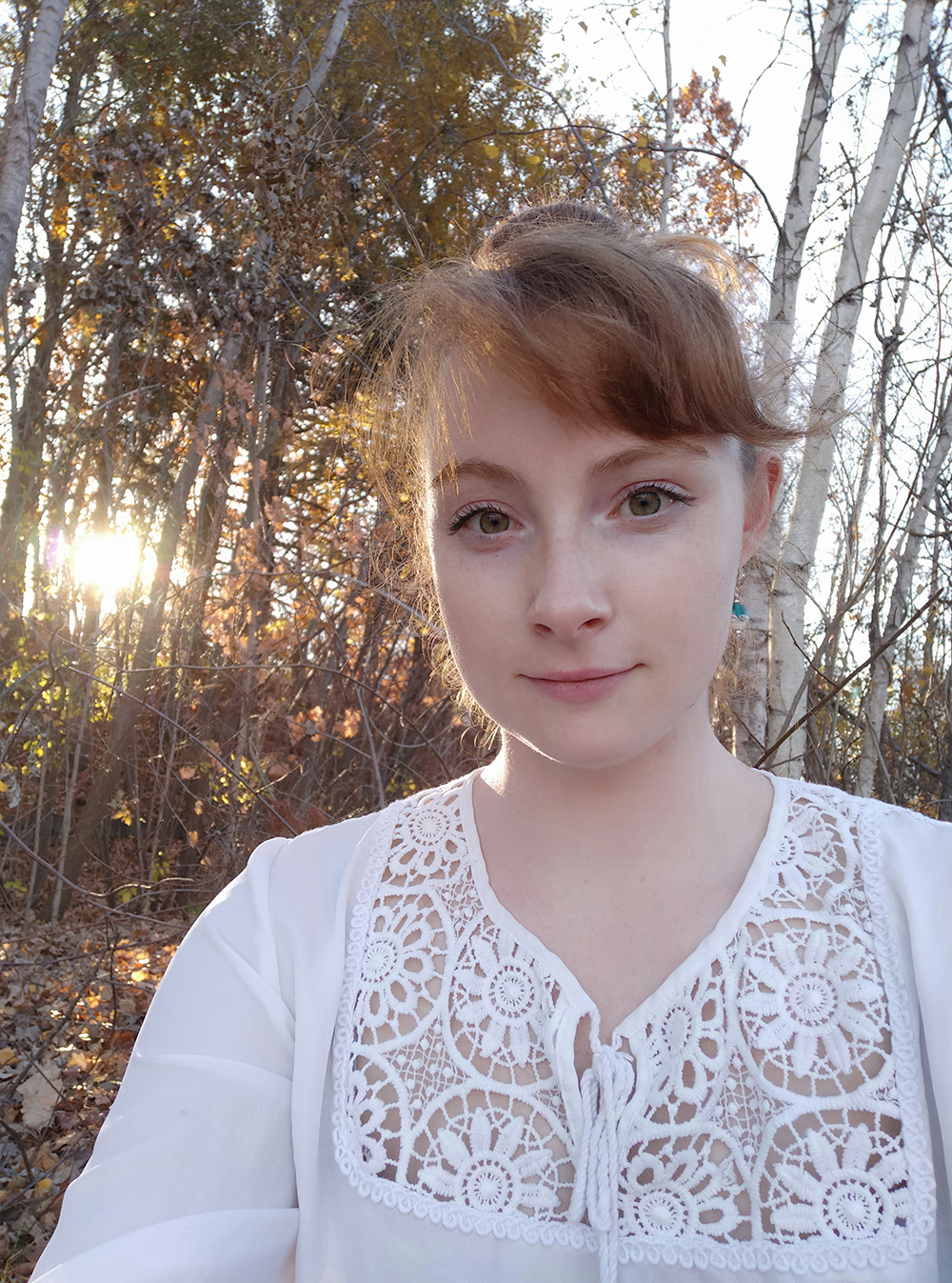Michela Zaffagni, PhD'22, Molecular and Cell Biology
Research Scientist at miniPCR
Can you describe your career path to your current job and some of your responsibilities in this position?
After completing the Molecular Cell Biology (MCB) PhD program at Brandeis University, I joined miniPCR as a Research Scientist. miniPCR's mission is to make molecular biology affordable and accessible to everyone by providing portable equipment and reagents. We primarily work with educators and academics, as well as industries that benefit from molecular testing.
In my current role, I develop diagnostic kits for genotyping and pathogen detection in sectors as diverse as python breeding, sexing of birds, and contaminant detection in breweries. This involves designing, testing, and optimizing these kits to ensure they are accurate, reliable, and user-friendly. Beyond R&D and bench work, my responsibilities also include strategic and marketing planning, as well as customer interaction and support. My position at miniPCR is dynamic and multifaceted, allowing me to contribute to various aspects of the company while advancing the accessibility of molecular biology tools.
How did you prepare your application materials like your CV and cover letters?
The GSAS Professional Development office was incredibly helpful during my job search process. I received valuable feedback on my CV and cover letters, which ensured that my application materials were polished and professional.
Do you have any networking tips for current students?
I highly recommend networking by attending seminars on career opportunities, connecting with alumni, and participating in job fairs. Additionally, talking with your principal investigator (PI) and mentors can be incredibly helpful for connecting you to industries.
What skills did you learn at Brandeis that are useful in your current job?
All the experiences and skills I acquired during my PhD are useful in my current position. Crucial skills include bench work, troubleshooting, and protocol optimization, as well as the ability to work on multiple projects simultaneously and quickly learn about diverse new topics.
Do you have any advice for current students?
My advice is to be outgoing and engage with as many people as you can, whether through your lab, alumni networks, or career office connections. This will allow you to learn from others' experiences and understand the best next step for you. When job hunting, focus on finding a collaborative environment. Best of luck to everyone!






